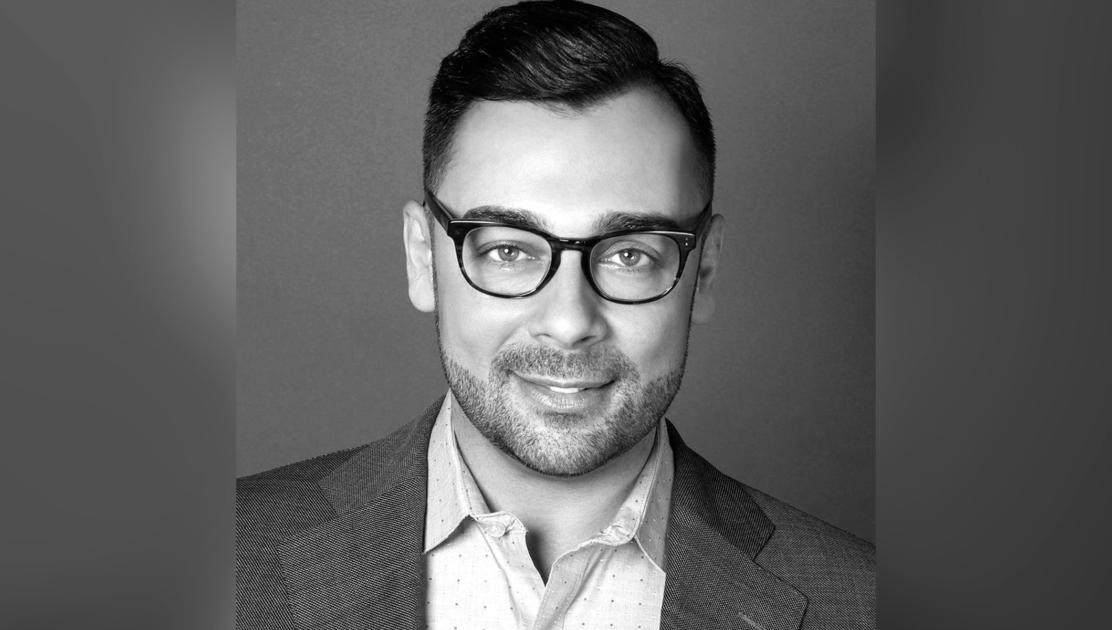The Intersection of Philanthropy and Decolonization
To Edgar Villanueva, wealth is a constructed concept that lies at the heart of some of our most severe problems.
by Aidan Kennelley
Villanueva — an entrepreneur, philanthropist, and racial justice activist — sat down recently with Dr. Angel Acosta and a crowd of over 100 people for a discussion on decolonizing wealth, hosted by the Garrison Institute.
But money is not purely evil; “money is medicine,” in Villanueva’s words, an idea that emerged from detailed conversations he held with Native American elders in his home state of North Carolina, as he sought to discover his calling in life. If we have used money to do so much harm in the world, we can also use it to repair that harm.
Villanueva also described his relationship to and fascination with art and fashion. He grew up as an artistic kid, involving himself with painting and musical hobbies, while personally appreciating the value of fashion. However, when he went to college, he thought it was time to ditch those artistic inhibitions to “focus on building a career that would make money.” After years of abandoning creative inhibitions and digging into the grind of entrepreneurship, he realized there was something missing. The absence of creative outlets created an emptiness in his professional life.
If we have used money to do so much harm in the world, we can also use it to repair that harm.
Now, in the past few years he has rediscovered the value and importance of artistry and creativity, realizing that these inclinations are not at odds with creating a better world. Instead, he lives a life of philanthropy, artistry, and creativity, that all intersect at the crossroads of decolonizing wealth. By decolonizing wealth, Villanueva hopes to create a more just and equitable society, one in which philanthropy revolves around reparative giving that invests in Black and Indigenous communities.
When the event pivoted to a variety of broader questions that addressed race, wealth, education, and decolonization (among a variety of other topics), Mr. Villanueva provided plenty of thorough and inspiring responses. He described a desire to get beyond money as a currency, moving into the territory of using care as a currency. By this, he means he’d like to see a societal shift towards acts of healing, selflessness, and kindness as legitimate mediums of exchange in the economy.
Further, he described his current efforts at working with and learning from indigineous folks. From having discussions on Indigenous spirituality to working with a variety of “Land Back” campaigns, he is constantly trying to educate himself on indigineous rights, allying himself with these communities. These acts of community engagement and education are foundational to his objectives of decolonizing wealth. Through them, Villanueva is able to consistently adapt and specify his work to help the communities that require it the most.
With all of this inspiring talk on philanthropy and activism, he also acknowledged that it isn’t all roses. Rather, Mr. Villanueva encouraged us all to look at any and all philanthropic gives with a critical eye. Undoubtedly, many philanthropic contributions are made simply for the tax write-offs or for the boost in social status they provide people. The intention behind donations and where those donations end up going absolutely matters. In his view, at the center of all philanthropic and activist work should be this concept of restorative justice. This is the framework through which we can actually start to fix things and to come together.
On that same topic, he closed his Q&A with an emphasis on the importance of education in facilitating restorative justice. Education is fundamental to restorative justice, as all education forms the building blocks of a society. Curriculum rooted in honesty, truth, and social justice is the key to building a better world. And, as many of us well know: education is under attack. We see this today with the opposition to “critical race theory” in schools and to the challenges posed to teaching subjugated histories. According to Villanueva, it is only until we lean into the dark history of this country that we can start to heal. In his words, “Decolonizing curriculum and talking truth is fundamental to all of the things we want to accomplish.”
You can find out more about Edgar Villanueva and his book Decolonizing Wealth here.
